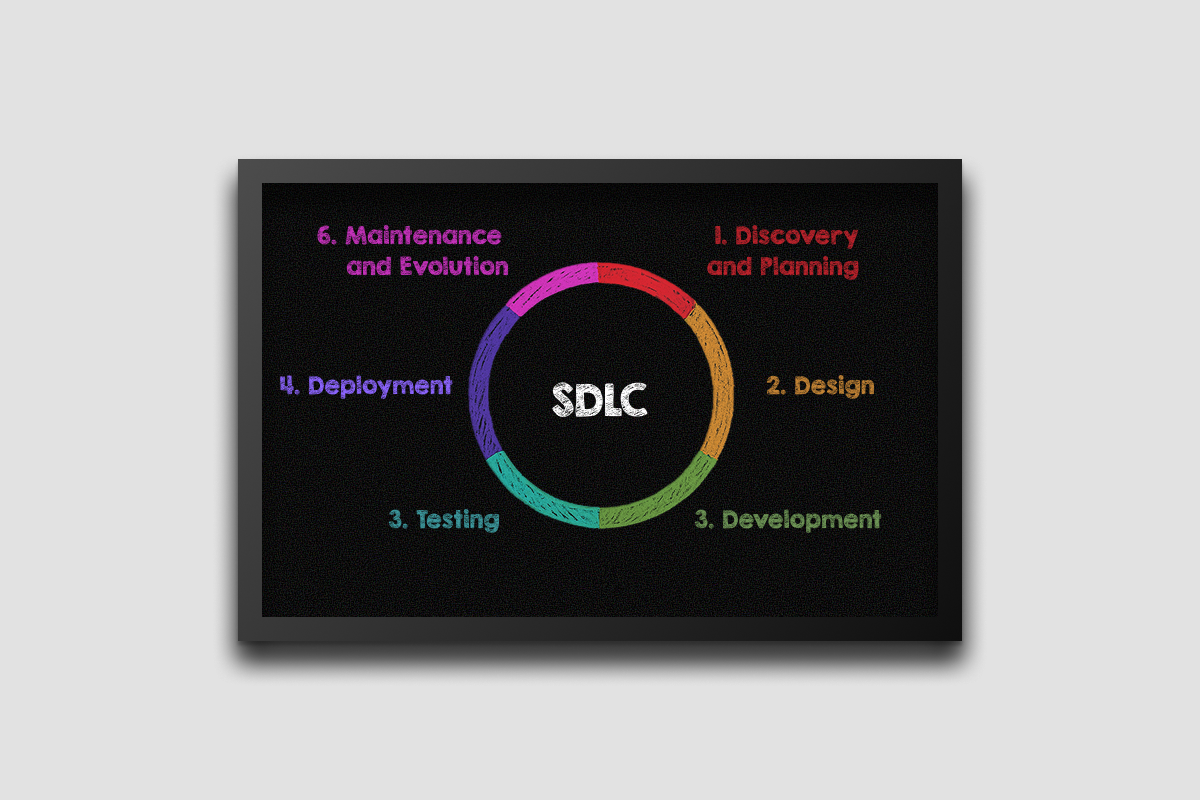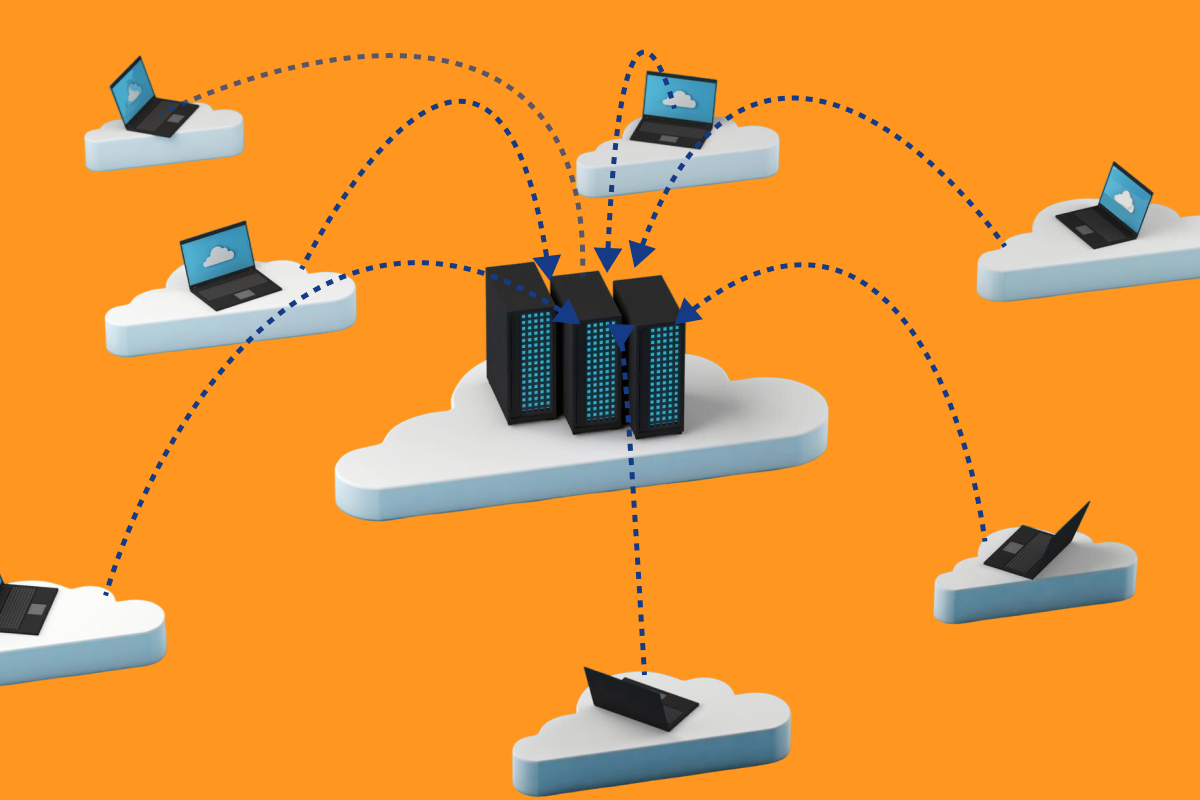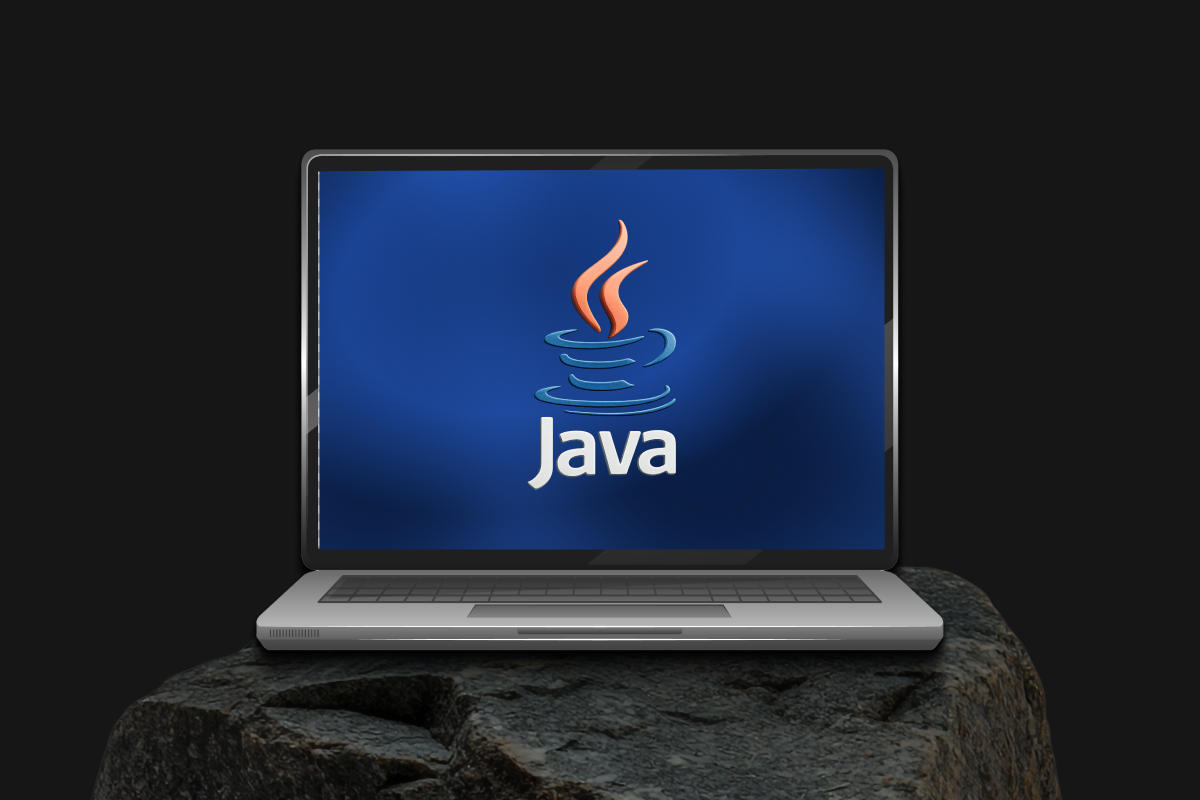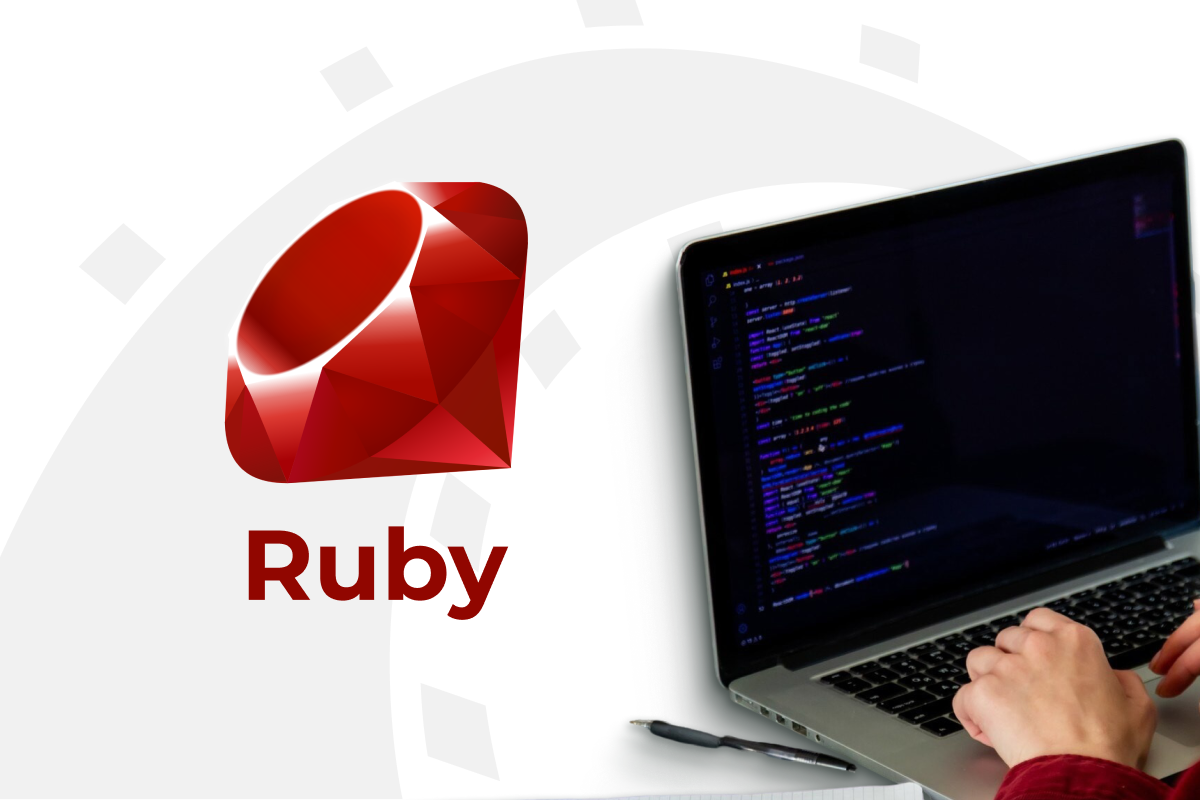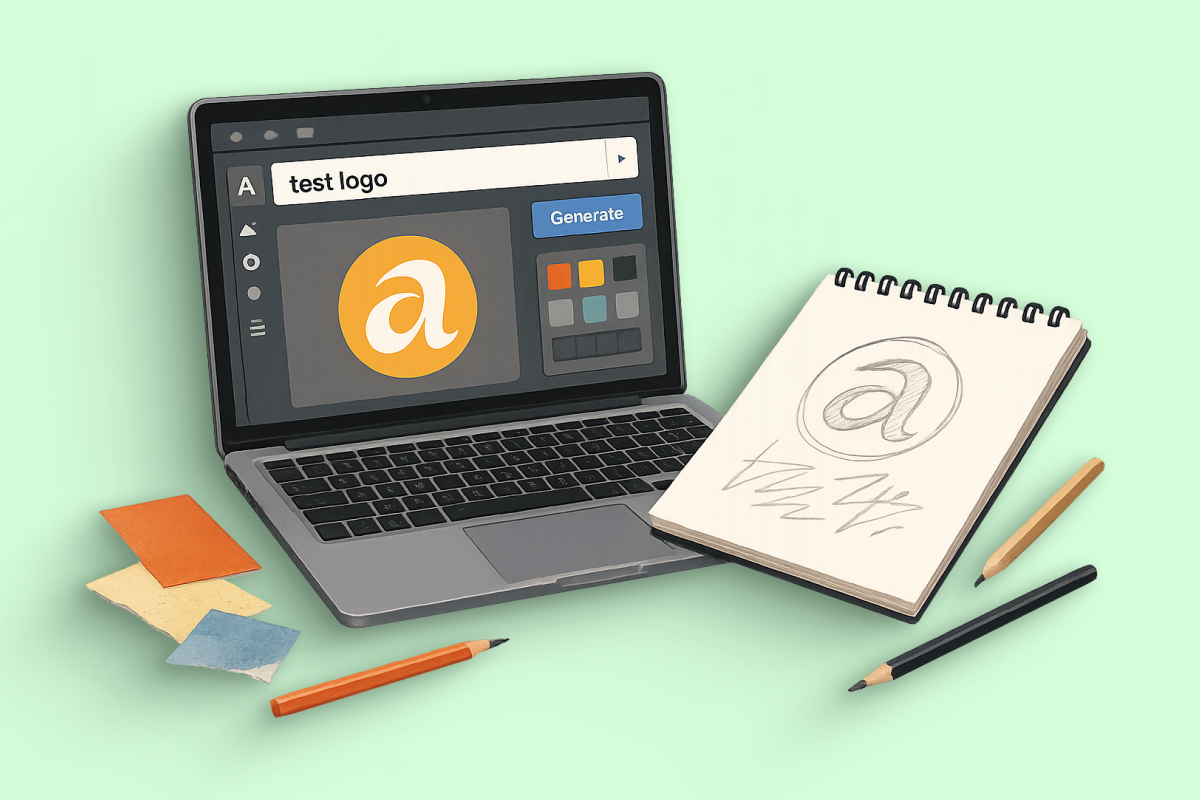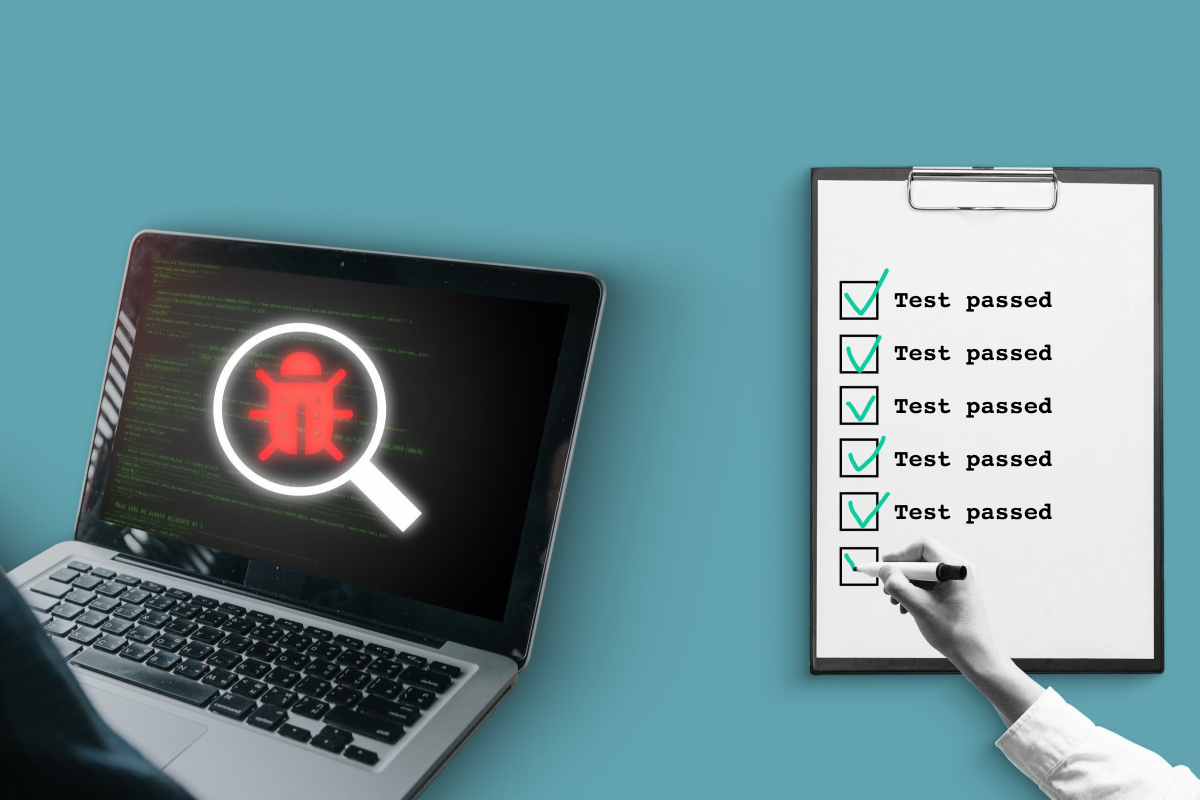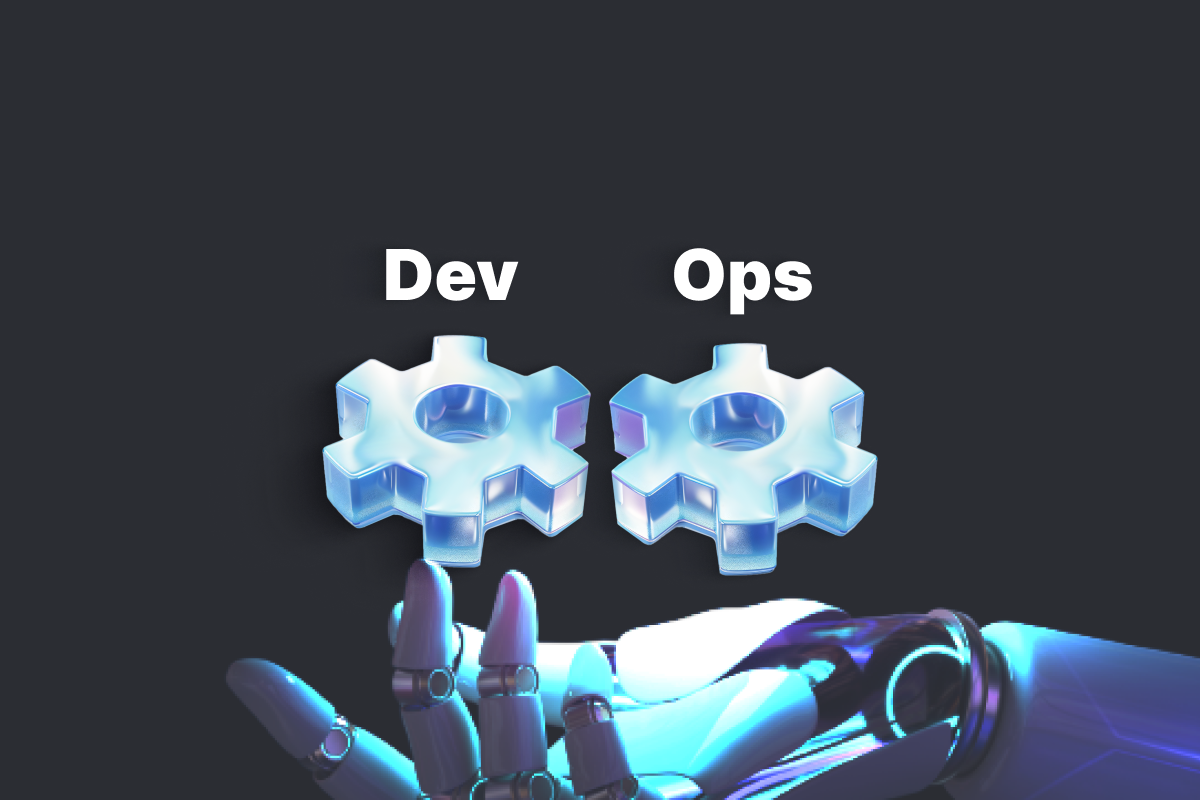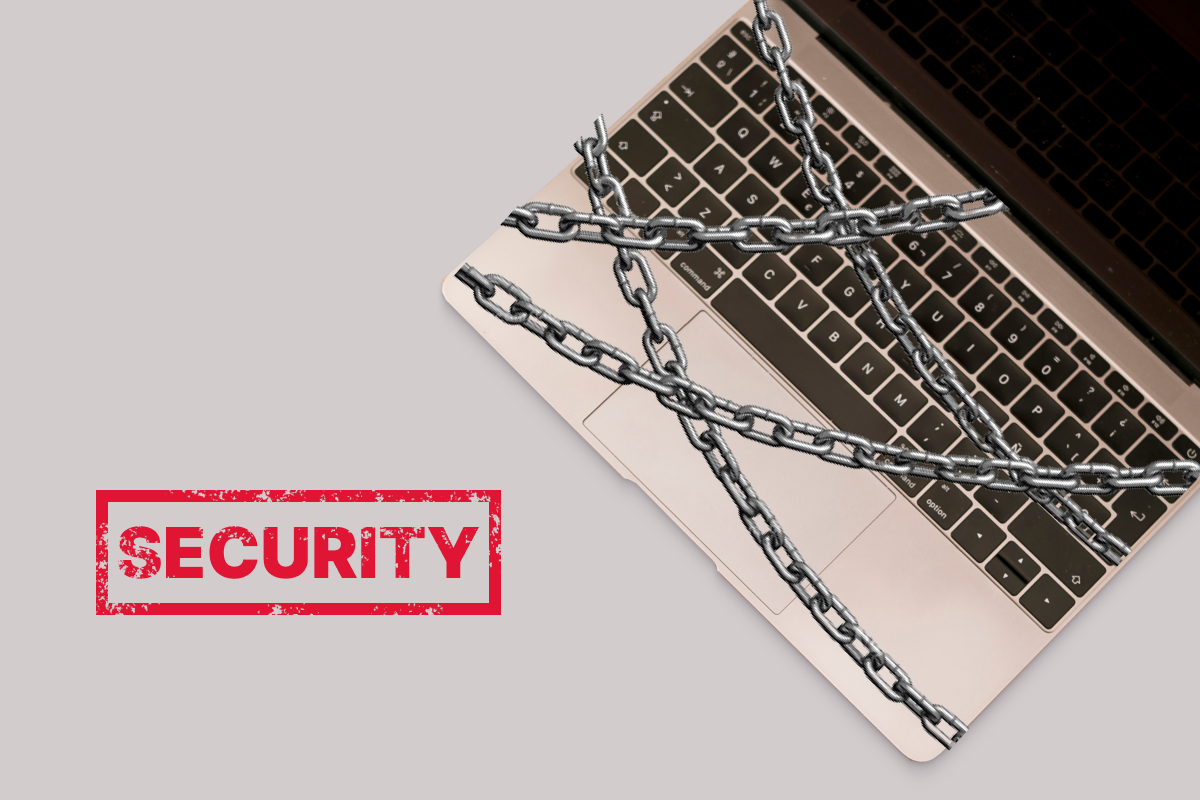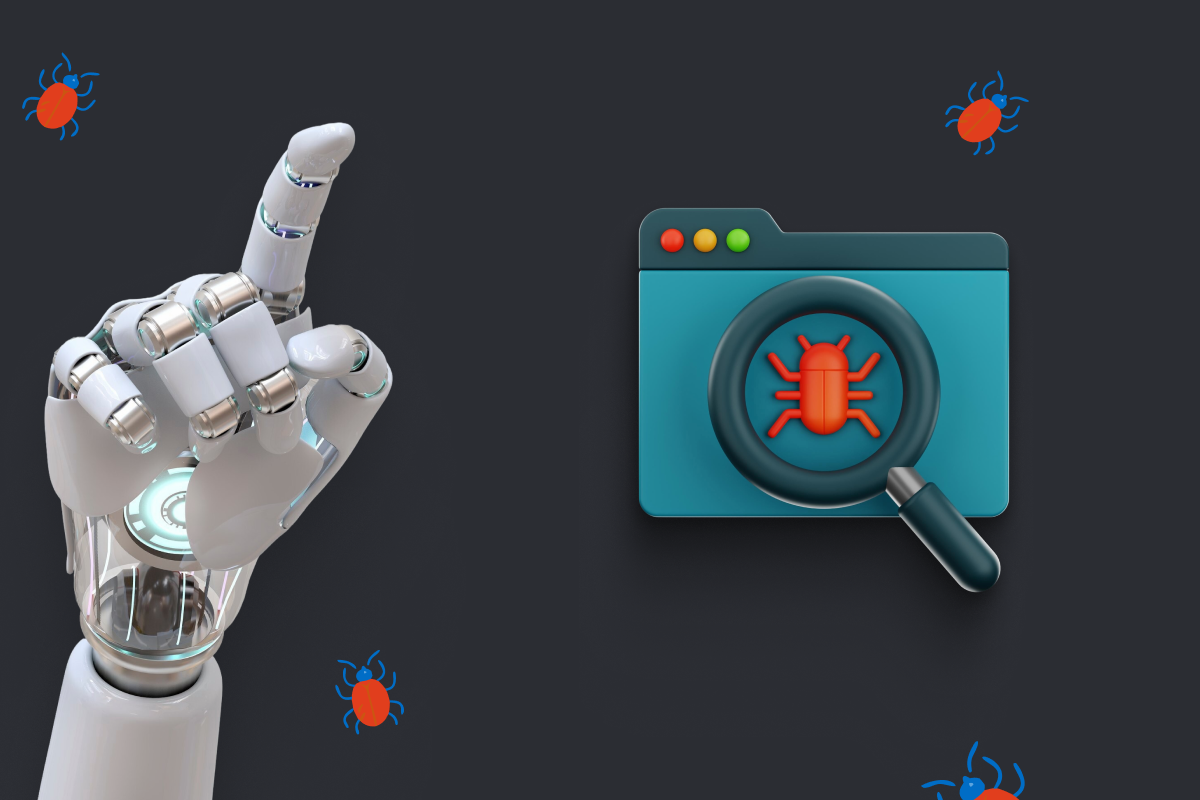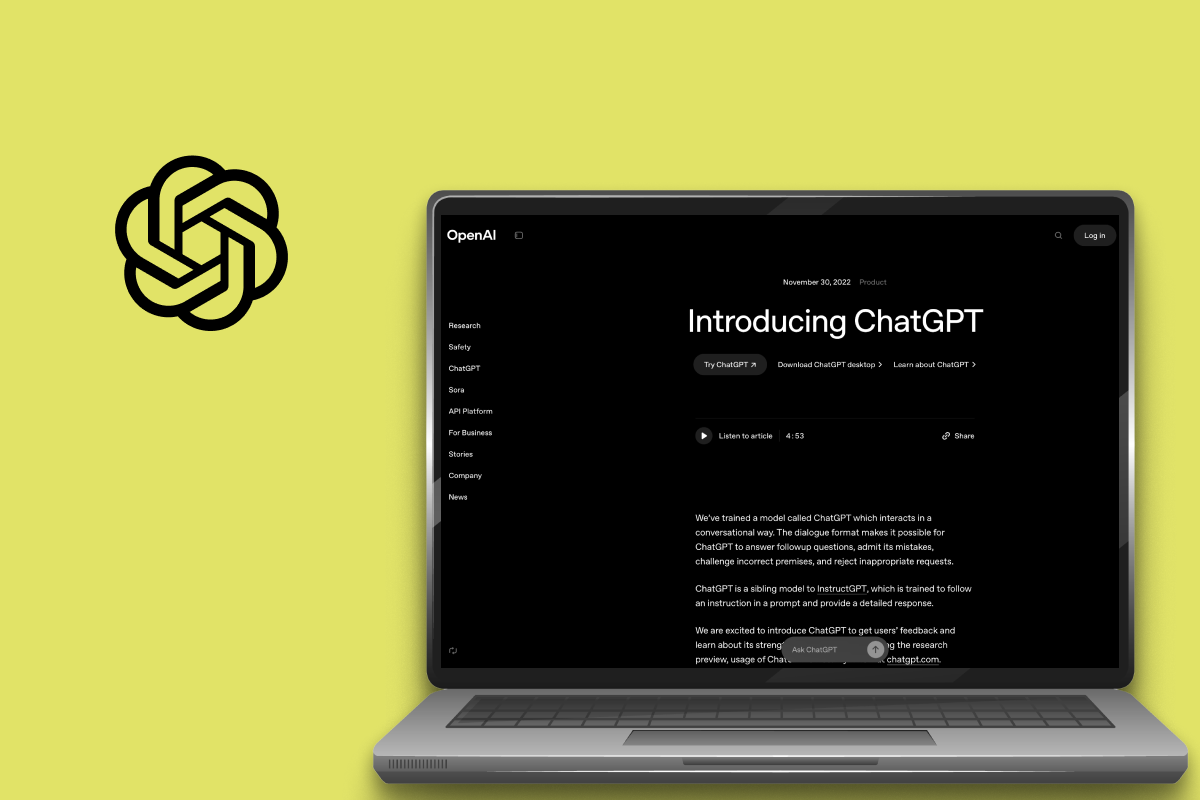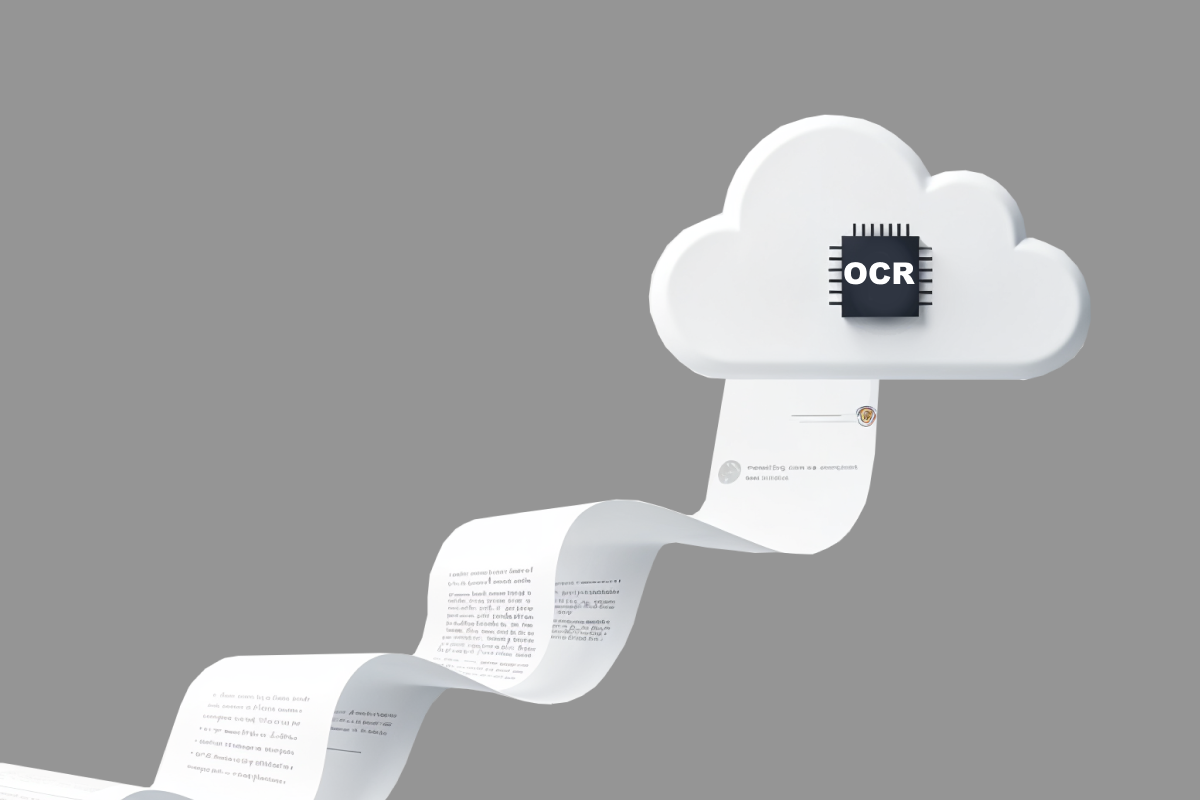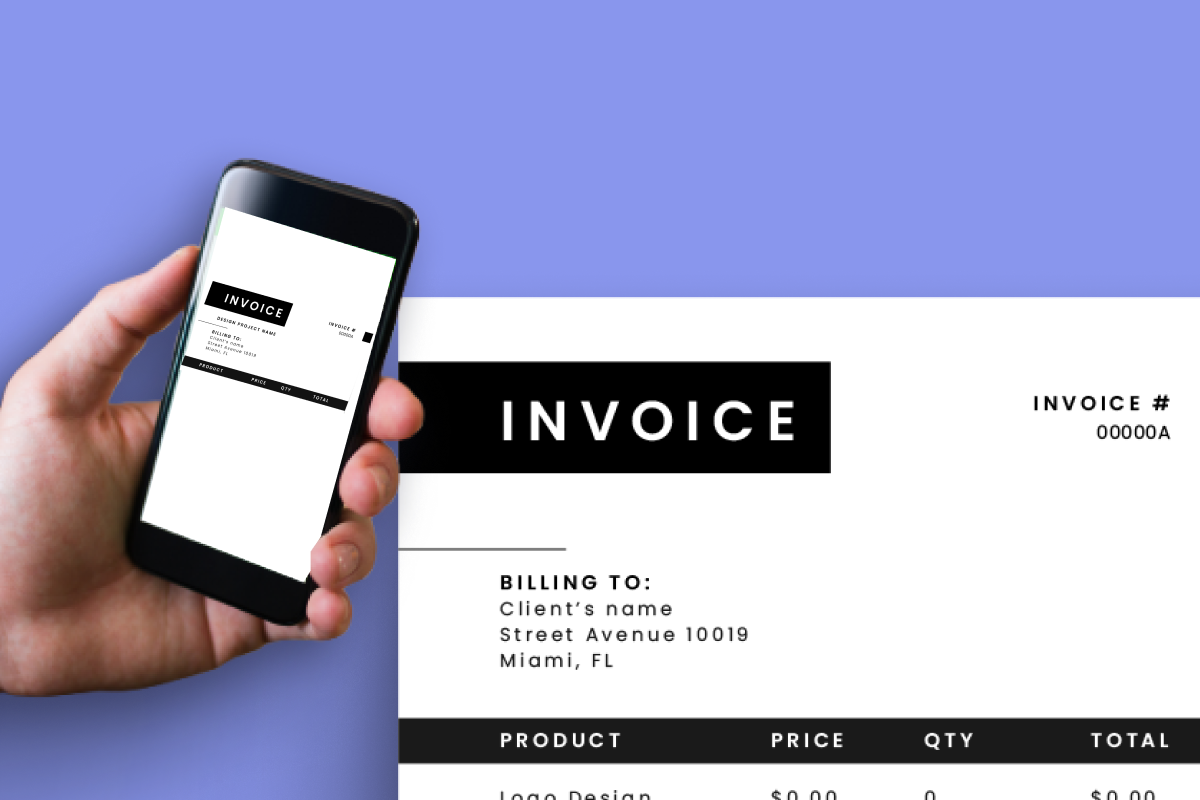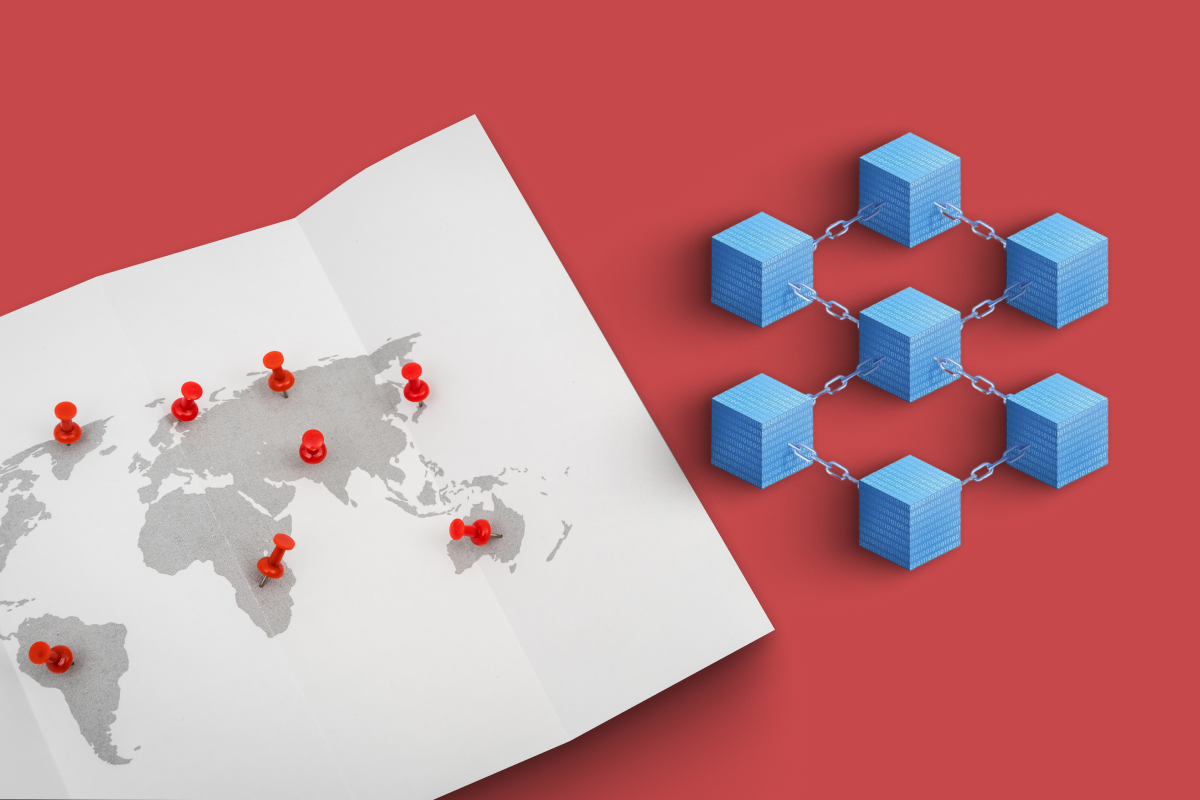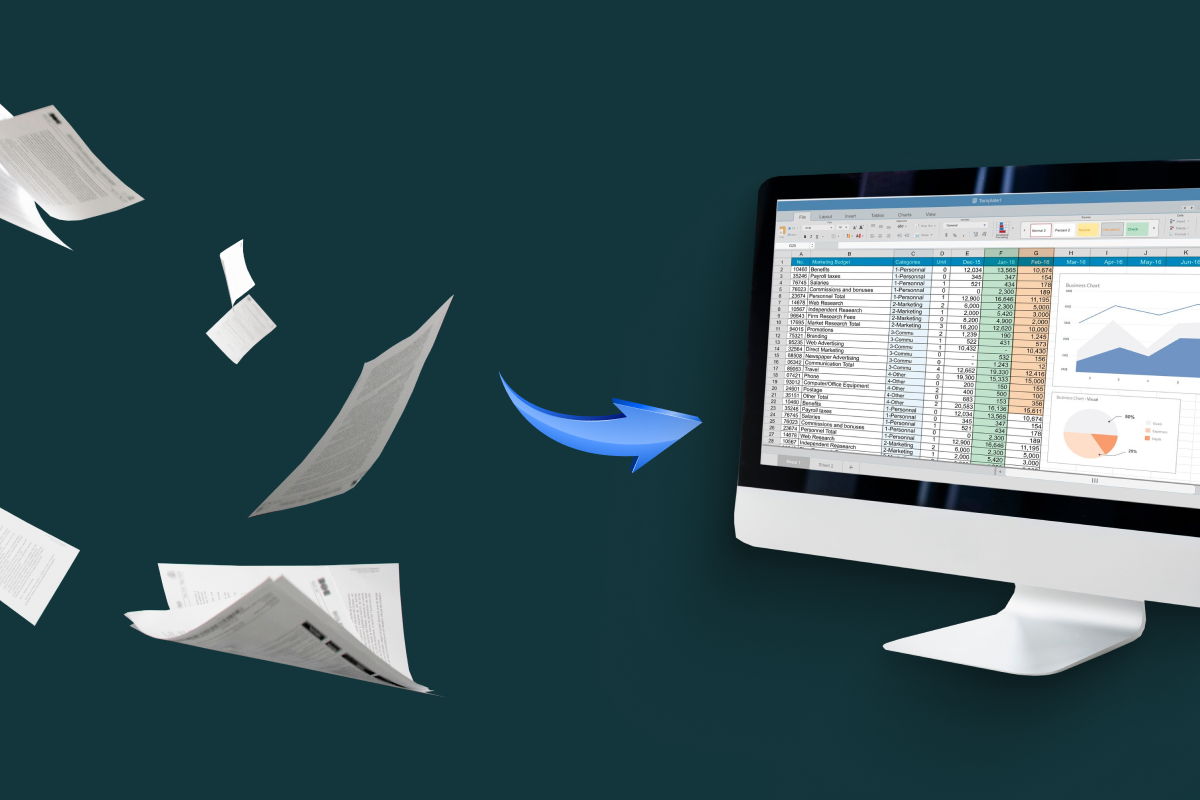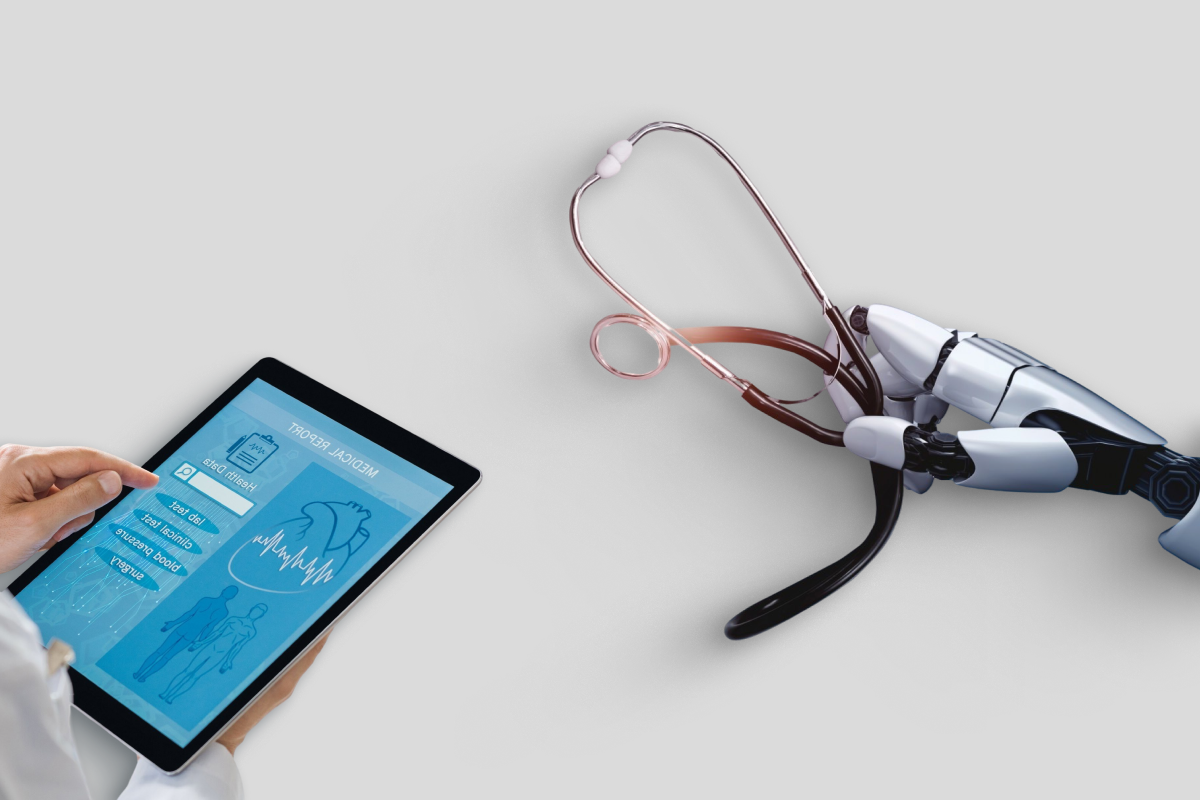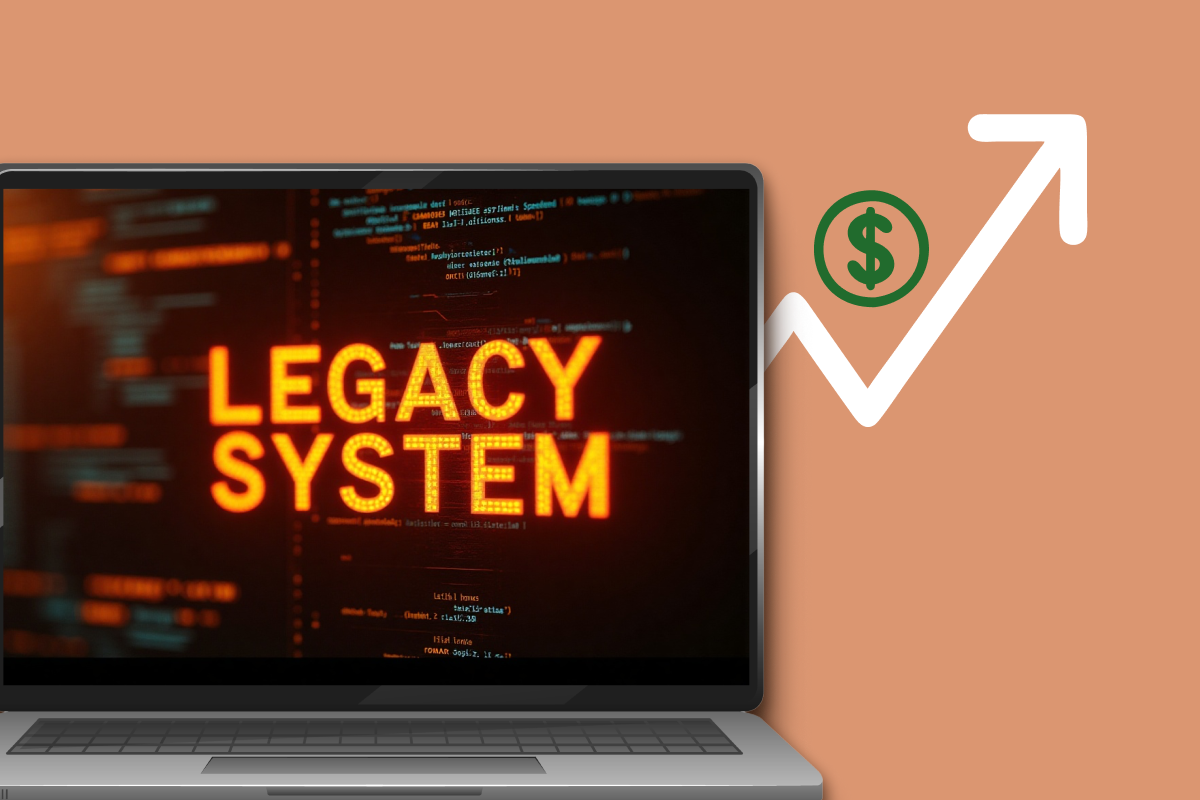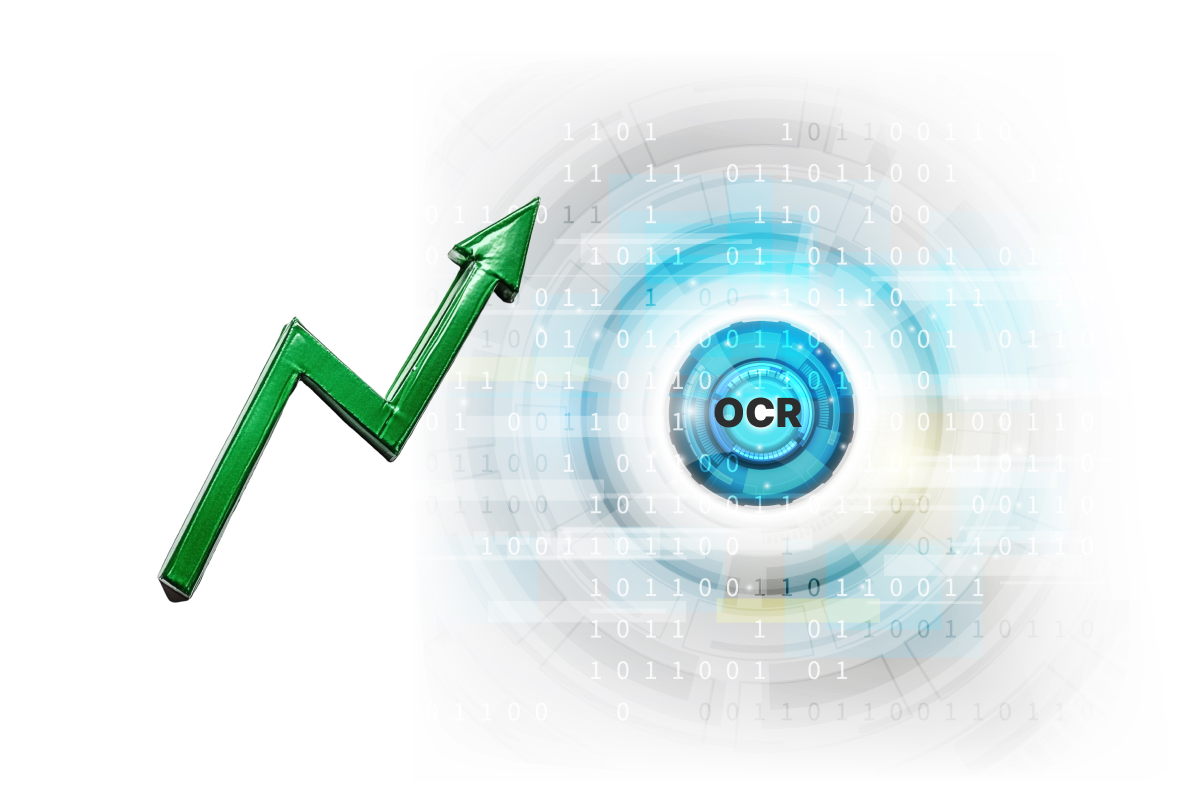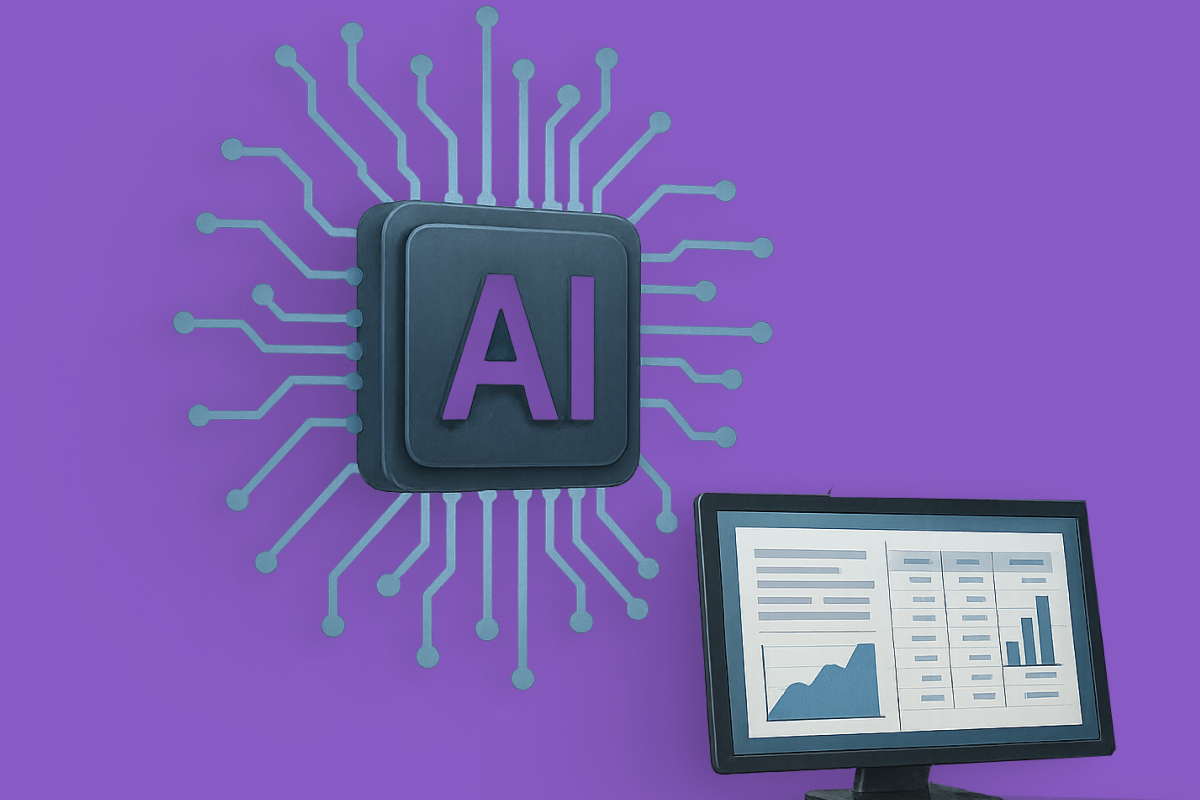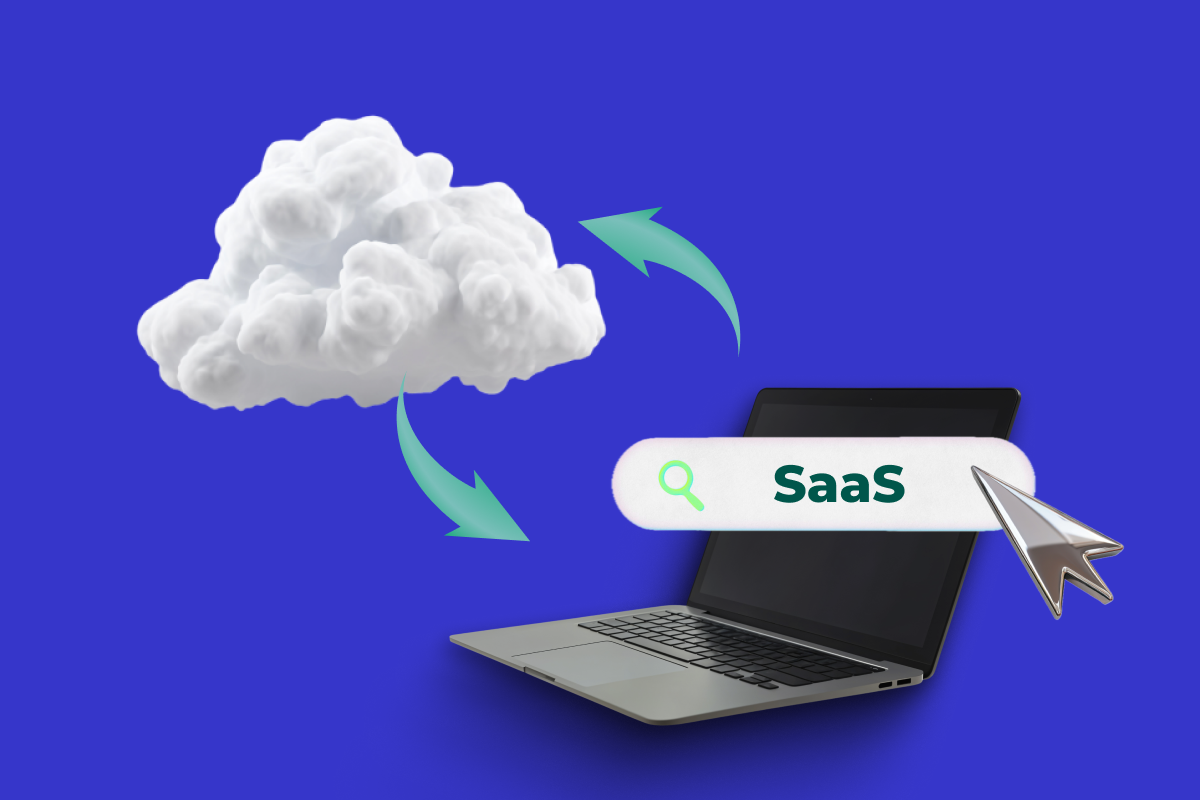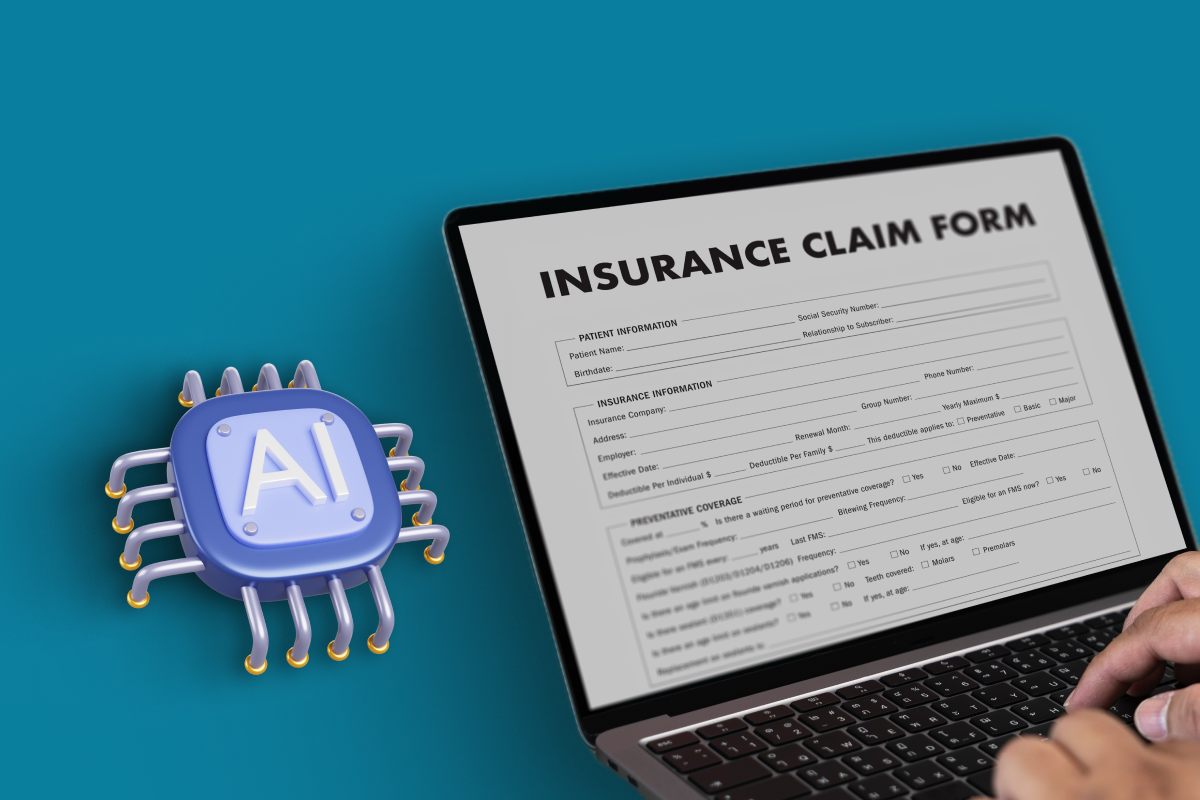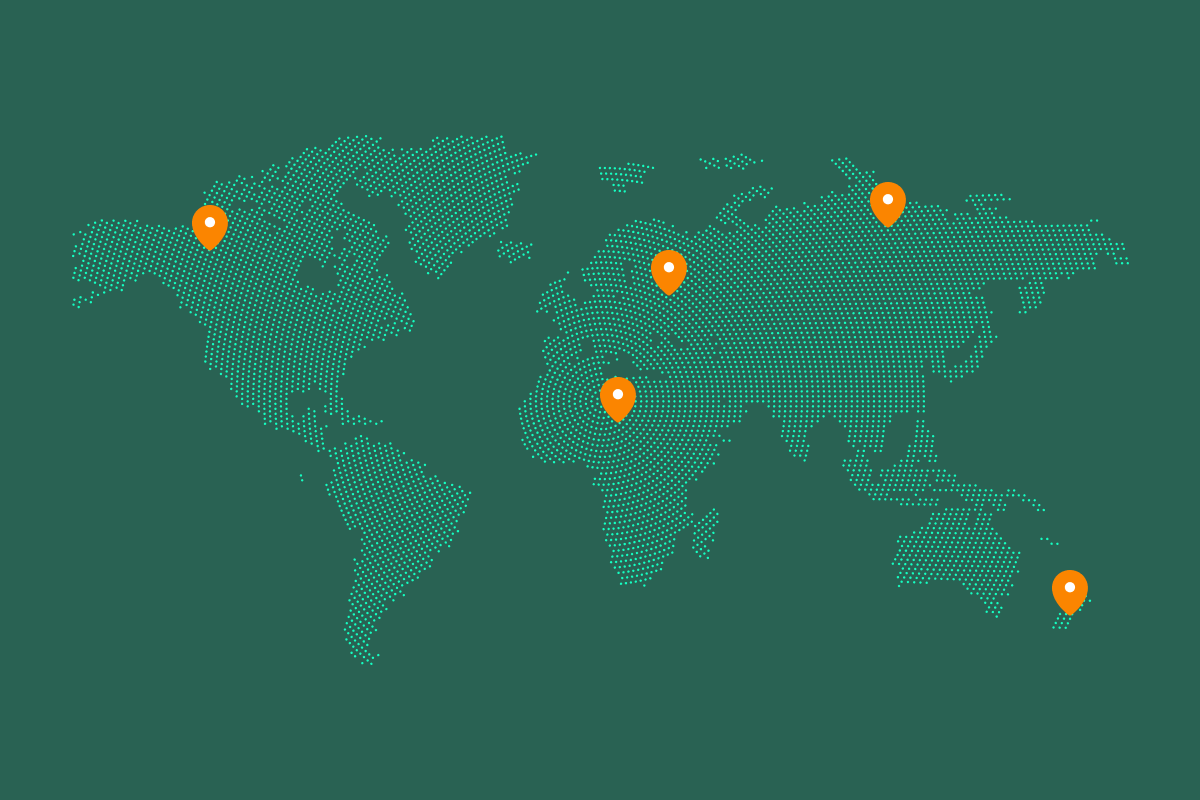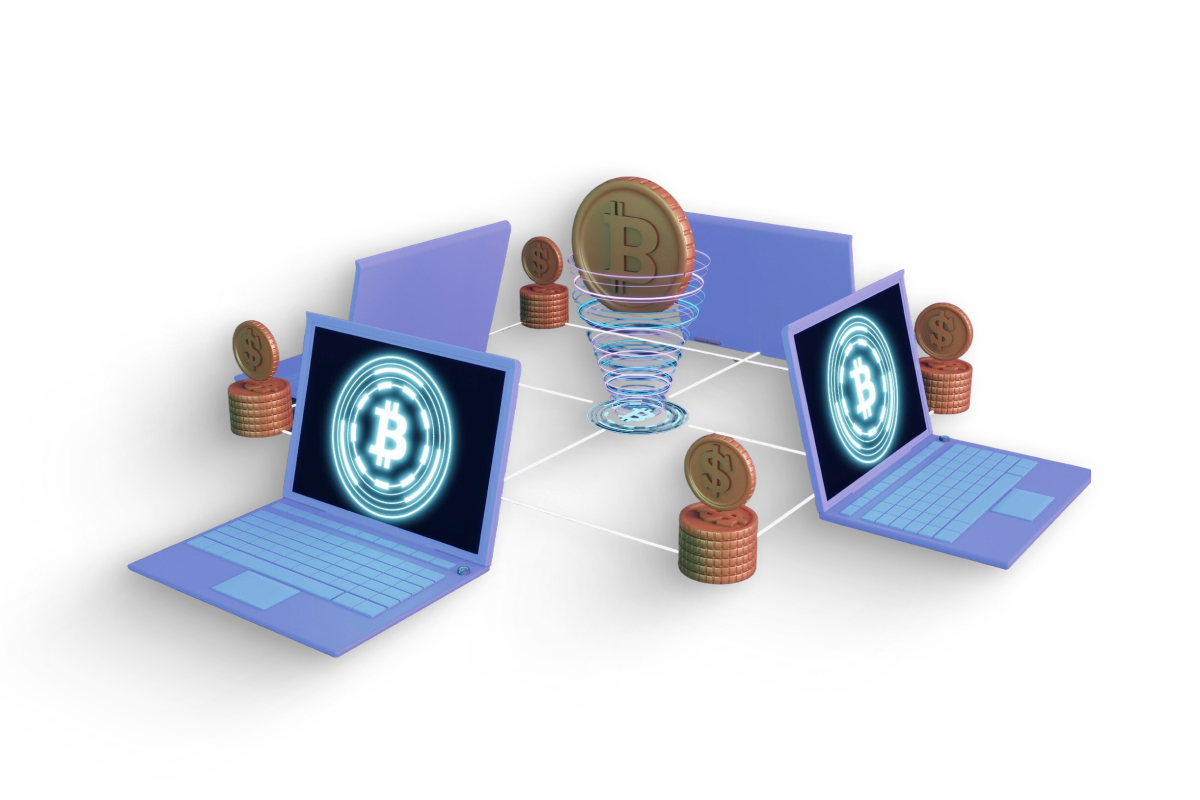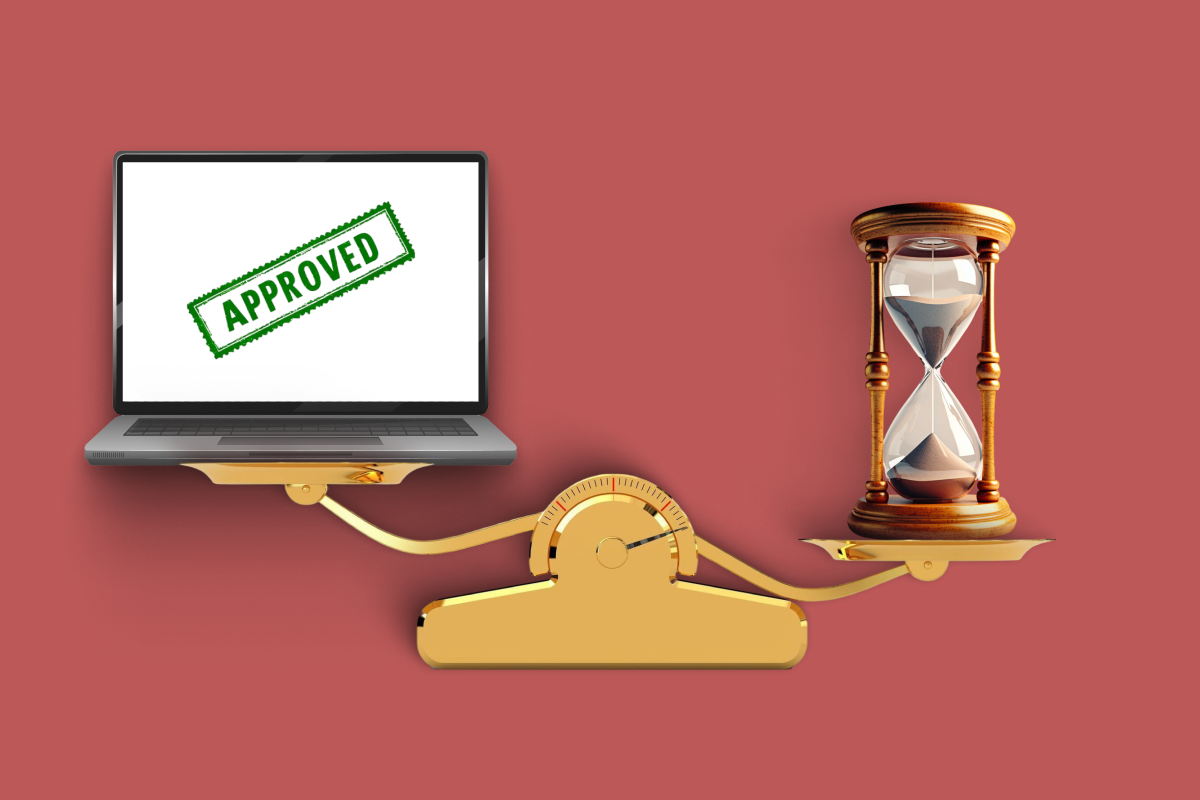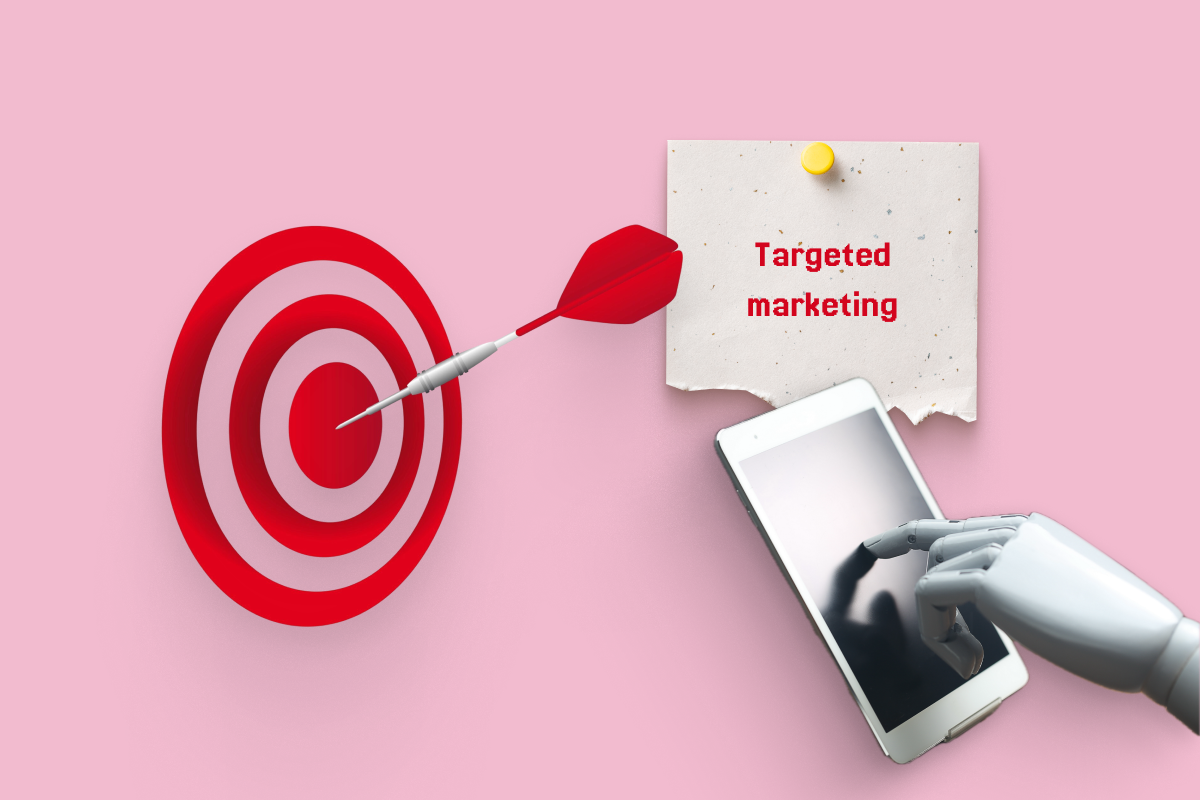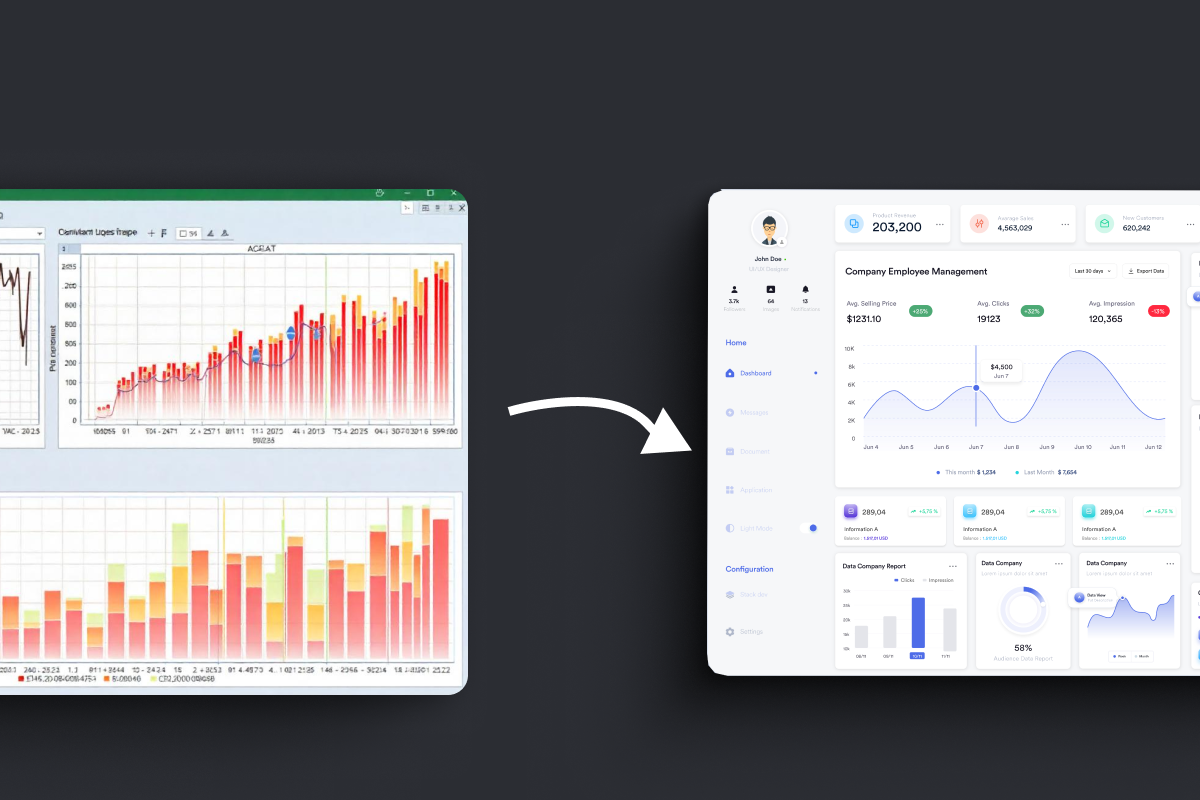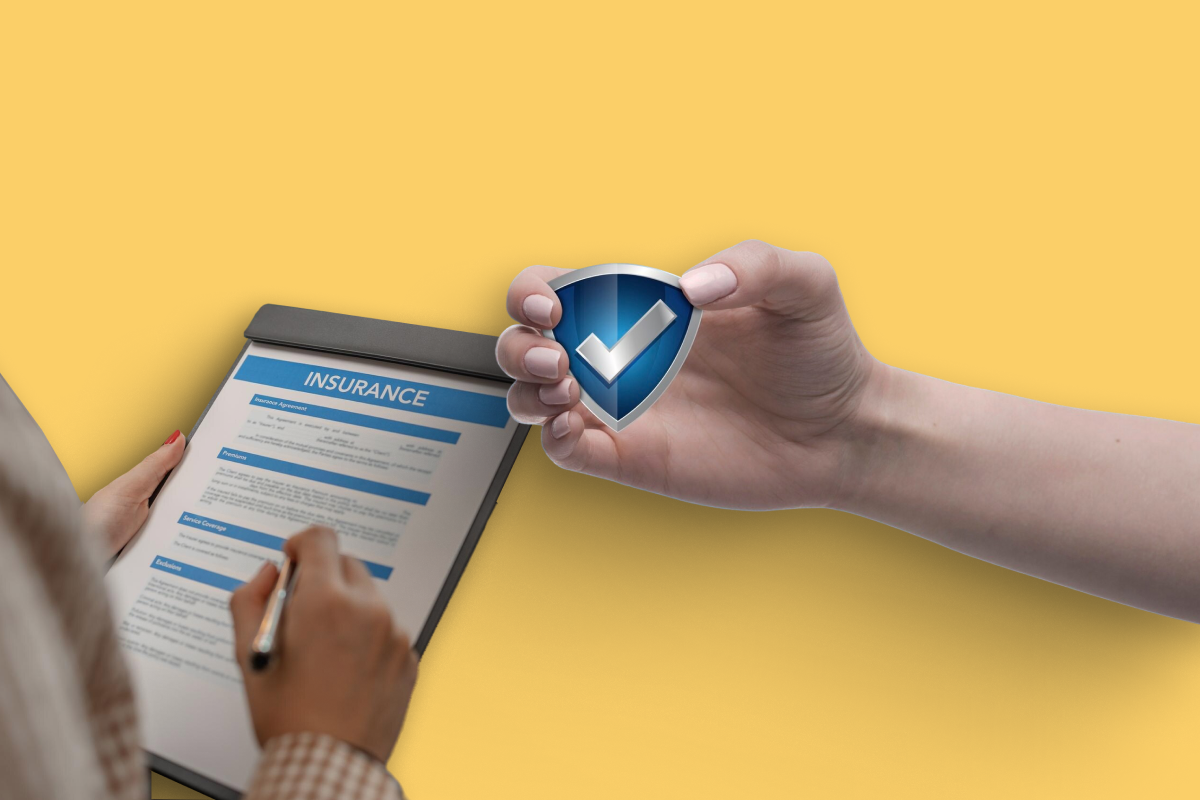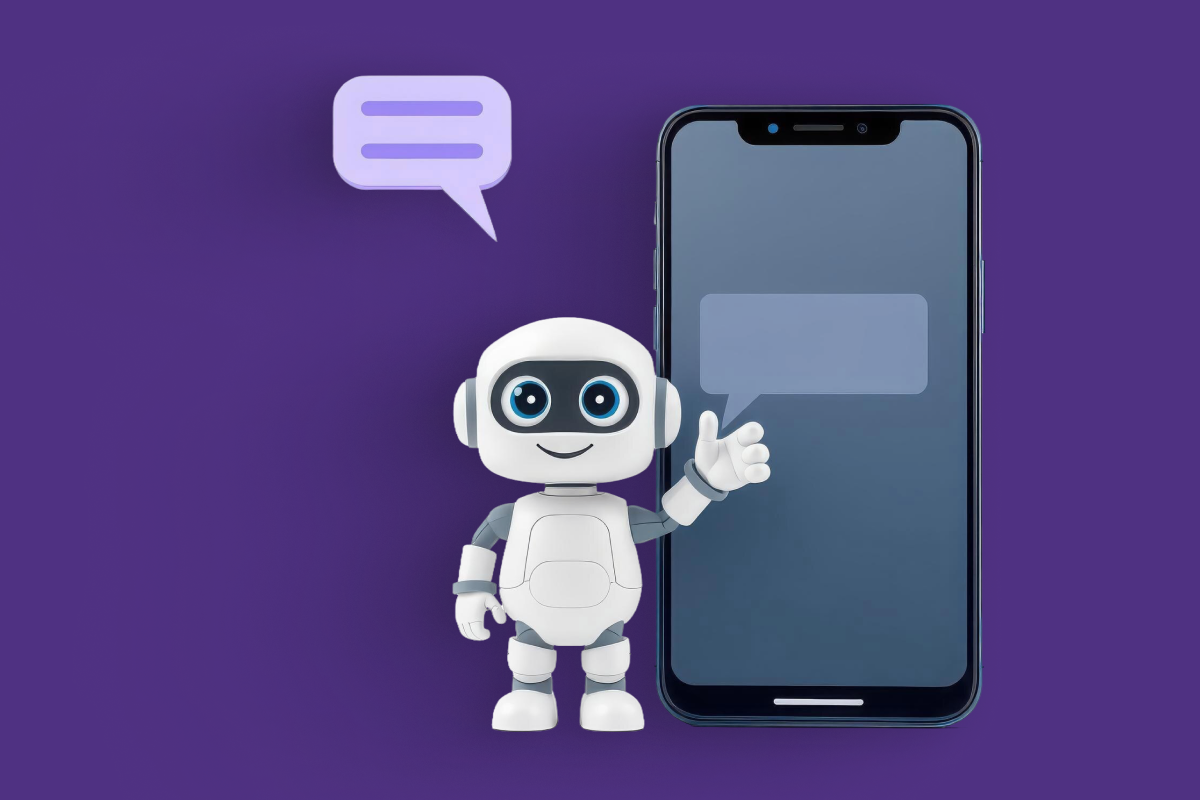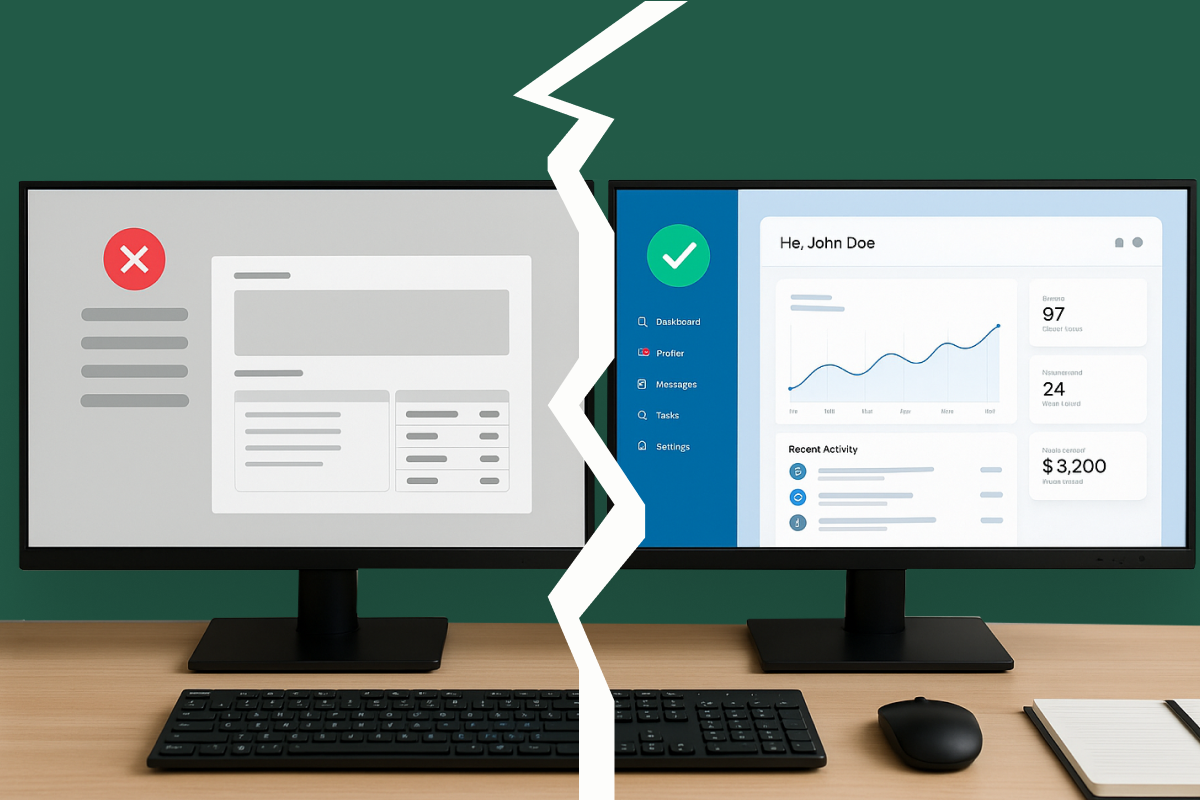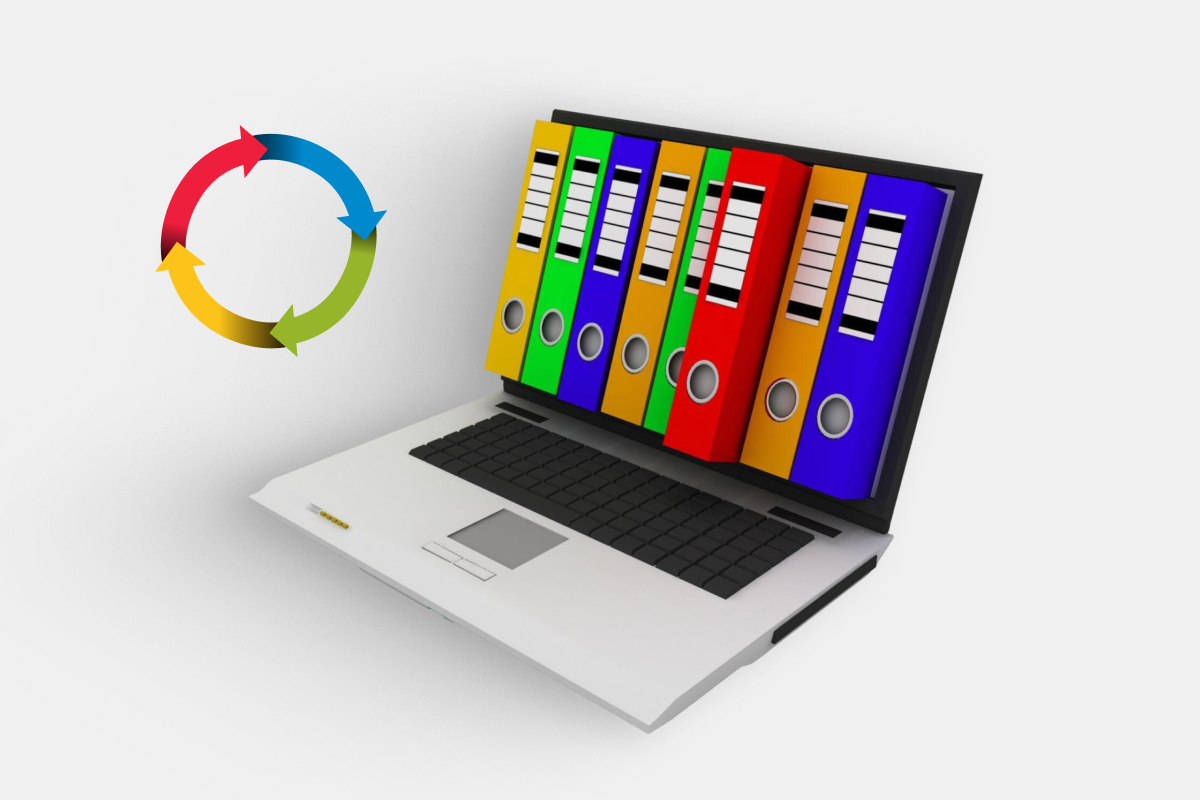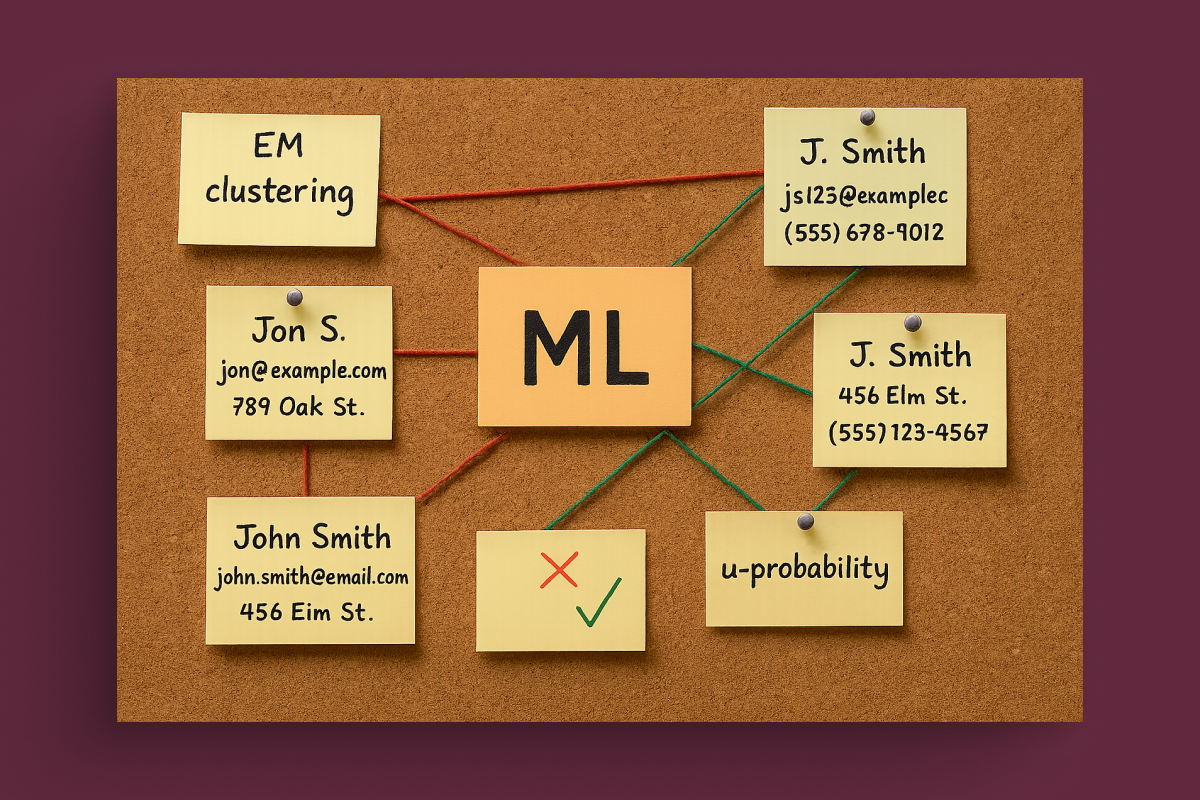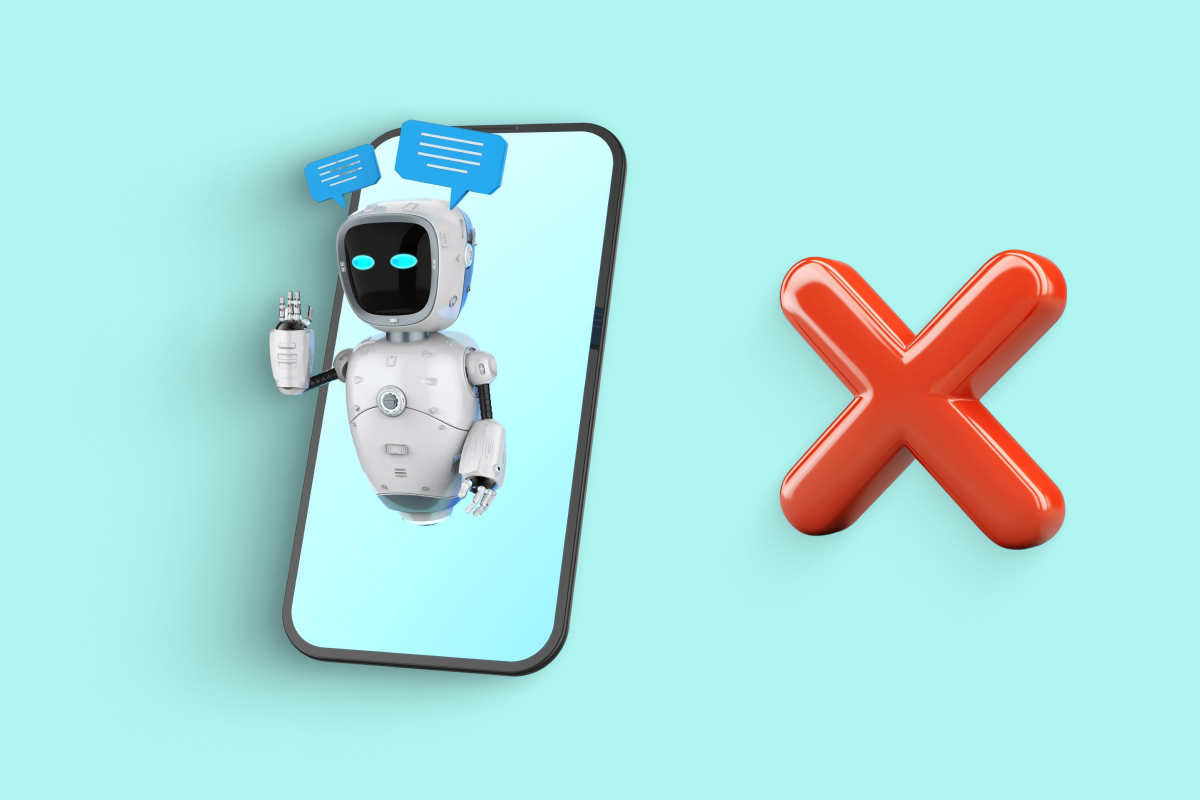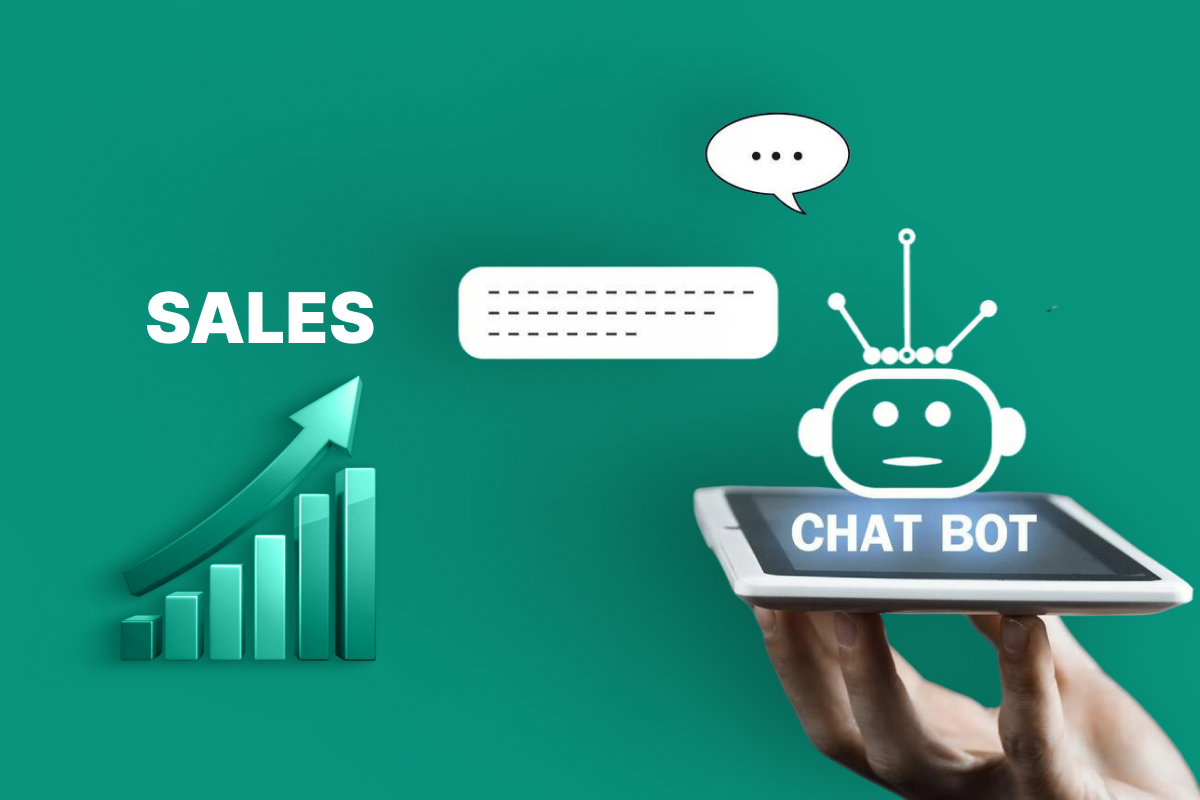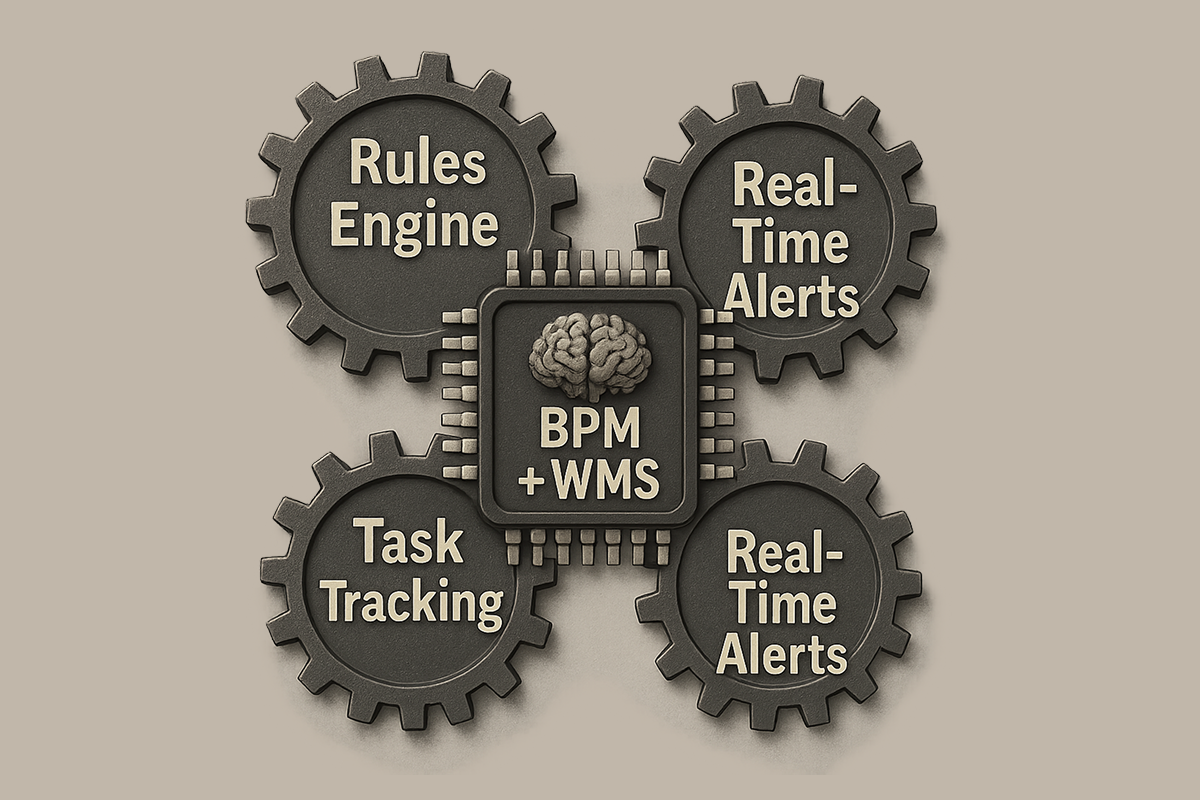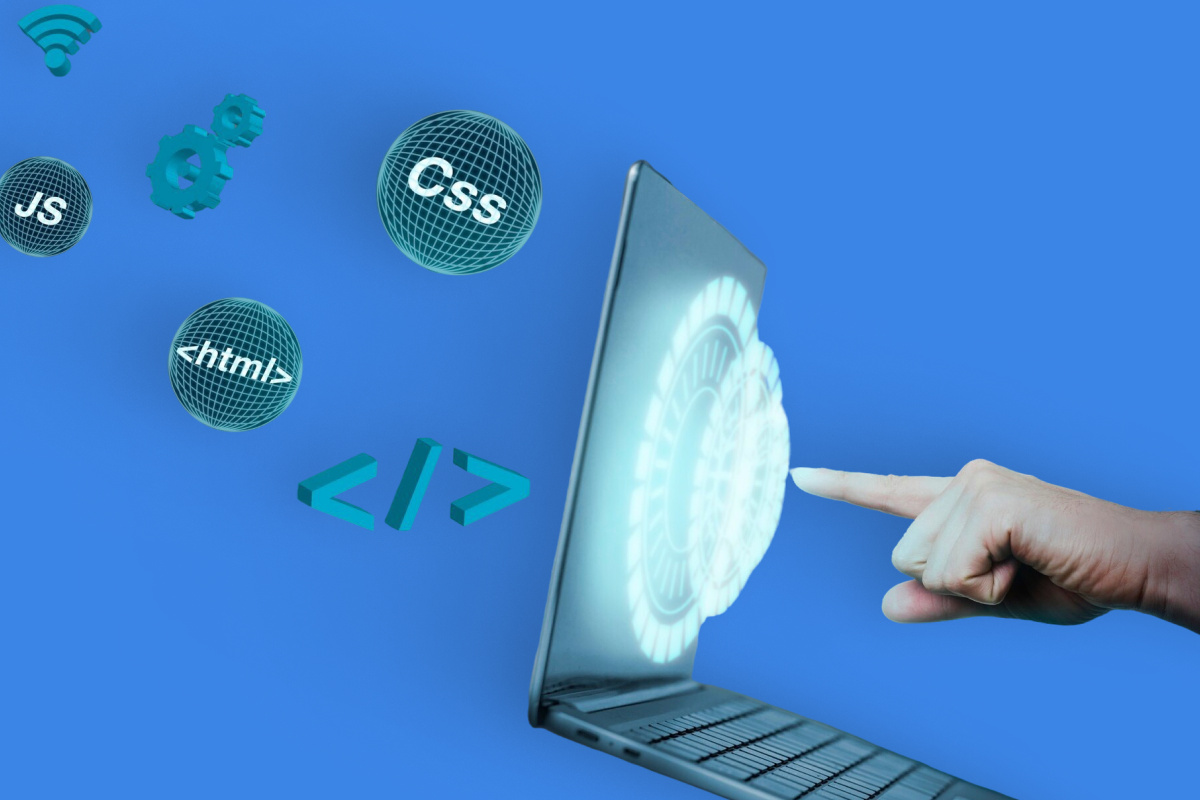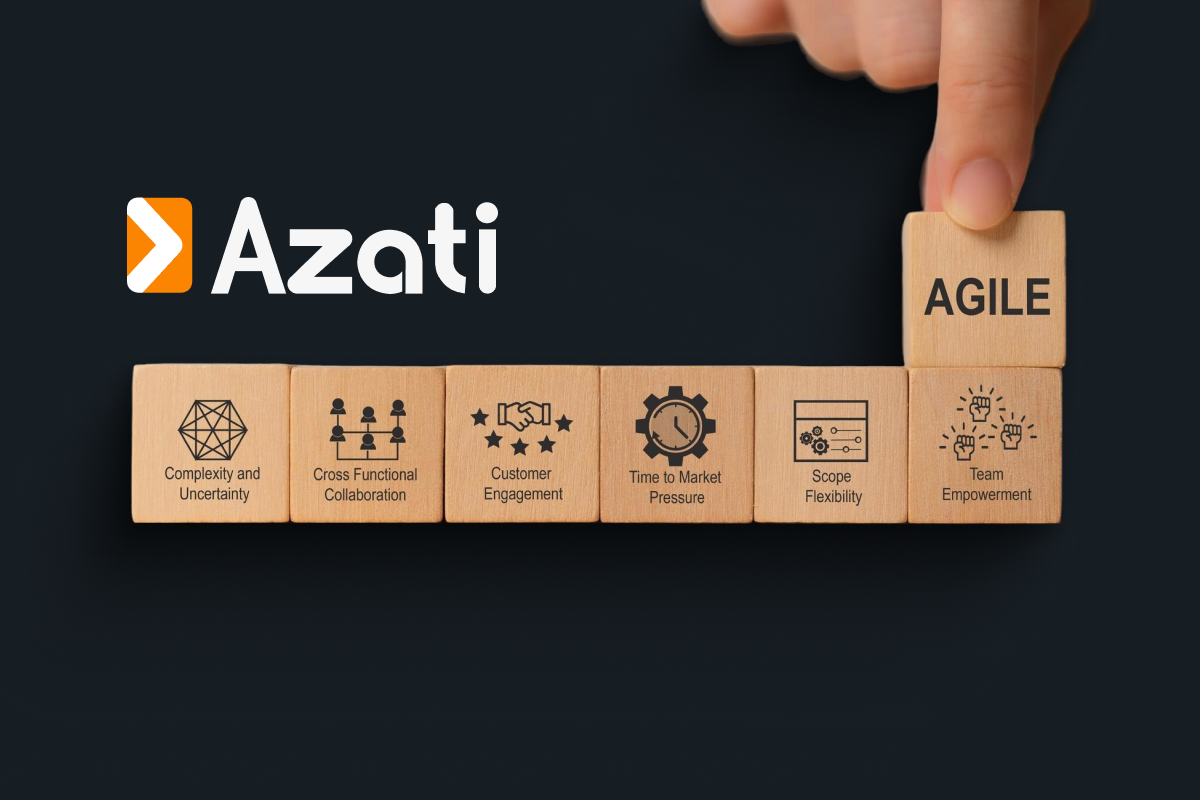Healthcare providers in the United States and Europe are now adopting healthcare IT outsourcing. This addresses several problems: high operational costs, complex rules, and the need for digital change. Through partnership with medical coding outsourcing companies, healthcare organizations achieve cost savings, improve operations in addition to remain compliant with important rules. As an example, they obey HIPAA in the US, besides GDPR in Europe.
The article explores how outsourcing healthcare IT services leads to lower expenses and simpler workflows. Real examples from the US or EU markets support this idea.
How Healthcare IT Outsourcing Helps Reduce Costs
Cutting Operational and Staffing Expenses
Running an in-house IT department with deep expertise in healthcare systems is expensive and resource-intensive. However, by opting for healthcare IT outsourcing, organizations can reduce operational costs by approximately 15-25%, gaining access to skilled professionals without the overhead of full-time employees. Furthermore, outsourcing offers the flexibility to scale IT resources according to the organization’s needs, avoiding unnecessary spending.
Streamlining Administrative Tasks and Processes
Tasks such as handling medical bills, processing insurance claims, or keeping electronic health records (EHR) often consume significant time and manpower. Developers can handle these jobs, making them faster, more efficient, and reducing manual workload. Using healthcare outsourcing companies speeds up finding patient records, taking less than 30 seconds instead of several minutes. It also reduces administrative burdens by as much as 75 percent.
Reducing Risks and Costs Related to Data Security
Healthcare remains a prime target for cyberattacks due to the sensitive nature of patient data. The financial impact of data breaches is staggering, with the average cost reaching nearly 11 million dollars, according to the latest IBM Security Cost of a Data Breach Report.
When hospitals hire experts to protect their computer systems, they get better security. This helps them follow important rules about keeping patient information safe, like HIPAA or GDPR. It also cuts down on the chance of expensive data leaks.
Efficiency Improvements and Strategic Benefits
Access to Specialized IT Expertise
Healthcare IT outsourcing connects organizations with professionals skilled in new technologies; they have knowledge of telemedicine platforms, cloud computing, AI-driven analytics, and healthcare software development. This access speeds digital transformation. A company would otherwise need much time and money to do it inside the company.
Accelerating Technology Deployment
Healthcare custom software development teams usually follow agile development methodologies. This allows healthcare providers to launch new digital tools, like telehealth applications or patient engagement platforms more quickly. The rapid deployment provides better service quality and responsiveness in a quickly changing market.
Ensuring Regulatory Compliance
Given the complexity of healthcare regulations like HIPAA and GDPR, working with an experienced healthcare software development agency helps organizations maintain compliance more easily. These partners implement strict security protocols and ensure audit-ready processes, reducing risks of penalties and reputational damage.
Real-World Case Studies
Omega Healthcare: AI Automation Saves Over 15,000 Work Hours Monthly
Omega Healthcare chose artificial intelligence automation to improve medical claims processing. It saves over 15,000 employee work hours each month. The company also reduced processing times by 40 percent, as it achieved 99.5 percent accuracy. This led to a 30 percent return on investment.
TeleTracking: NHS Trust Saves £2.1 Million Annually with Patient Flow Management
In the UK, an NHS Trust put in place a cloud patient flow management solution by using an outside company. This saved over £2 million every year. That project also improved patient movement and bed use, which helped the care quality.
NLP Solution for Pharmaceutical Marketing
Azati implemented a Natural Language Processing (NLP) solution for a pharmaceutical company to facilitate searching and comparing products alongside doctor recommendations based on questionnaires and professional opinions. The machine learning model analyzes medical questionnaire data, extracts actionable insights, and generates detailed reports, enhancing decision-making in pharmaceutical marketing.
Conclusion
For healthcare organizations in both the US and Europe, healthcare IT outsourcing is a proven strategy to reduce costs, enhance operational efficiency, and ensure compliance with critical regulations. By leveraging the expertise of specialized IT service providers, healthcare institutions can focus more on delivering excellent patient care while accelerating their digital transformation journeys and reducing security risks.
An investment in outsourcing does not just cut costs - it is a necessary step toward building a lasting healthcare IT infrastructure.












